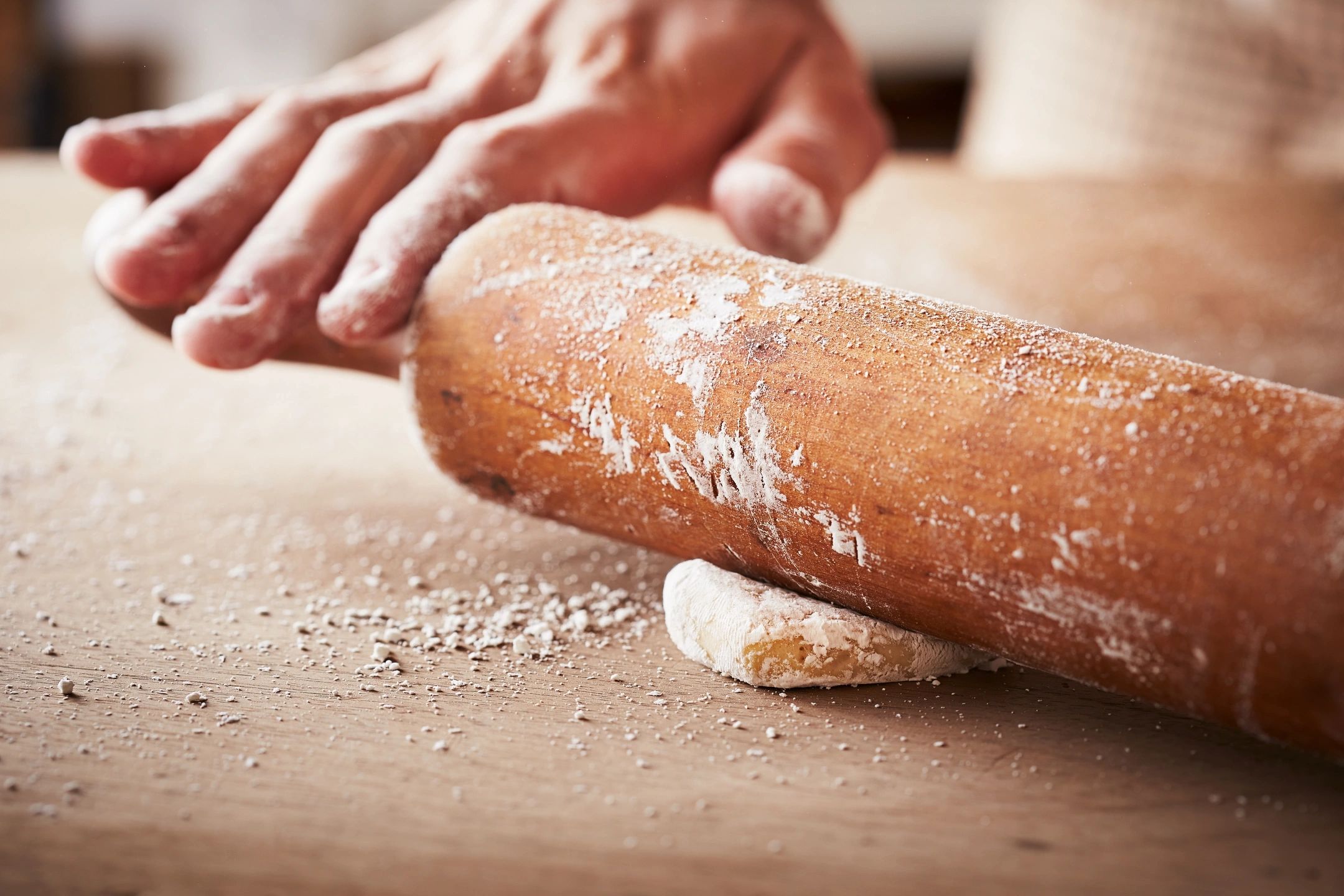Those following the news in Wisconsin may have heard about a December 2022 court decision, which ordered the Wisconsin Department of Agriculture, Trade and Consumer Protection (DATCP) not to enforce Wisconsin law against producers of certain kinds of homemade goods. This blog post intends to break it down a little more to provide the context in which the decision exists, as well as what it does.
What Went Down in Court?
Under Wisconsin law (Chapter 97 of the Wisconsin Statutes and Chapters ATCP 70 and ATCP 75 of the Wisconsin Administrative Code), those who wish to sell food in Wisconsin generally must obtain a proper license and make the food in a commercial kitchen. In 2016, a group of Wisconsin residents wishing to sell baked goods produced in their own private kitchens without a permit (“home bakers”) filed suit to prevent DATCP from enforcing the licensing and commercial kitchen requirements against them. The court determined that the requirements as applied to home bakers were unconstitutional. As a result, it issued a court order in 2017 preventing DATCP from enforcing the licensing and commercial kitchen requirements against home bakers for baked goods that are (i) non-potentially hazardous and (ii) sold directly to consumers.
A suit was filed in 2021, except that this second group of plaintiffs wanted to produce goods from home that were not baked, such as roasted coffee, candy, and fudge (“home producers”). On very similar grounds to the previous decision, the court in the second suit ordered DATCP not to enforce the licensing and commercial kitchen requirements against home producers.
What Does This Mean?
In both the 2017 and 2022 cases, the court issued an injunction. An injunction is essentially a court order compelling someone to do (or not do) something. Wisconsin law still maintains the licensing and commercial kitchen requirements (changing it would be new legislation from the Wisconsin Legislature and new rules from DATCP). With that in mind:
- The injunctions only prevent DATCP from enforcing the requirements specifically against home bakers and home producers. This protection for home bakers and home producers will only remain as long as the injunction remains in place (or there is a change in the law).
- The injunction only protects home bakers and home producers that produce “non-potentially hazardous” goods. The court created this definition, but it is essentially goods that are shelf-stable and do not pose health risks to consumers from storage at room temperature. For example, plain sugar cookies are generally okay. However, if the sugar cookies have a cream-based frosting, then the frosting makes the cookies potentially hazardous.
- The injunction only applies to goods sold directly to consumers. If home bakers or home producers want to sell their goods wholesale, the licensing and commercial kitchen requirements still apply.
In short, the decision does afford certain protections to certain producers to sell certain goods to consumers without complying with conventional requirements, but that protection is narrow. Producers in this space should read the rules carefully and keep up-to-date as the situation surrounding the court orders develop, including the legislature’s and DATCP’s reaction to the court orders.
Thanks for reading! If you are looking for further reading, check out the links above, as well as DATCP’s Guide for Licenses and Homemade Foods.

